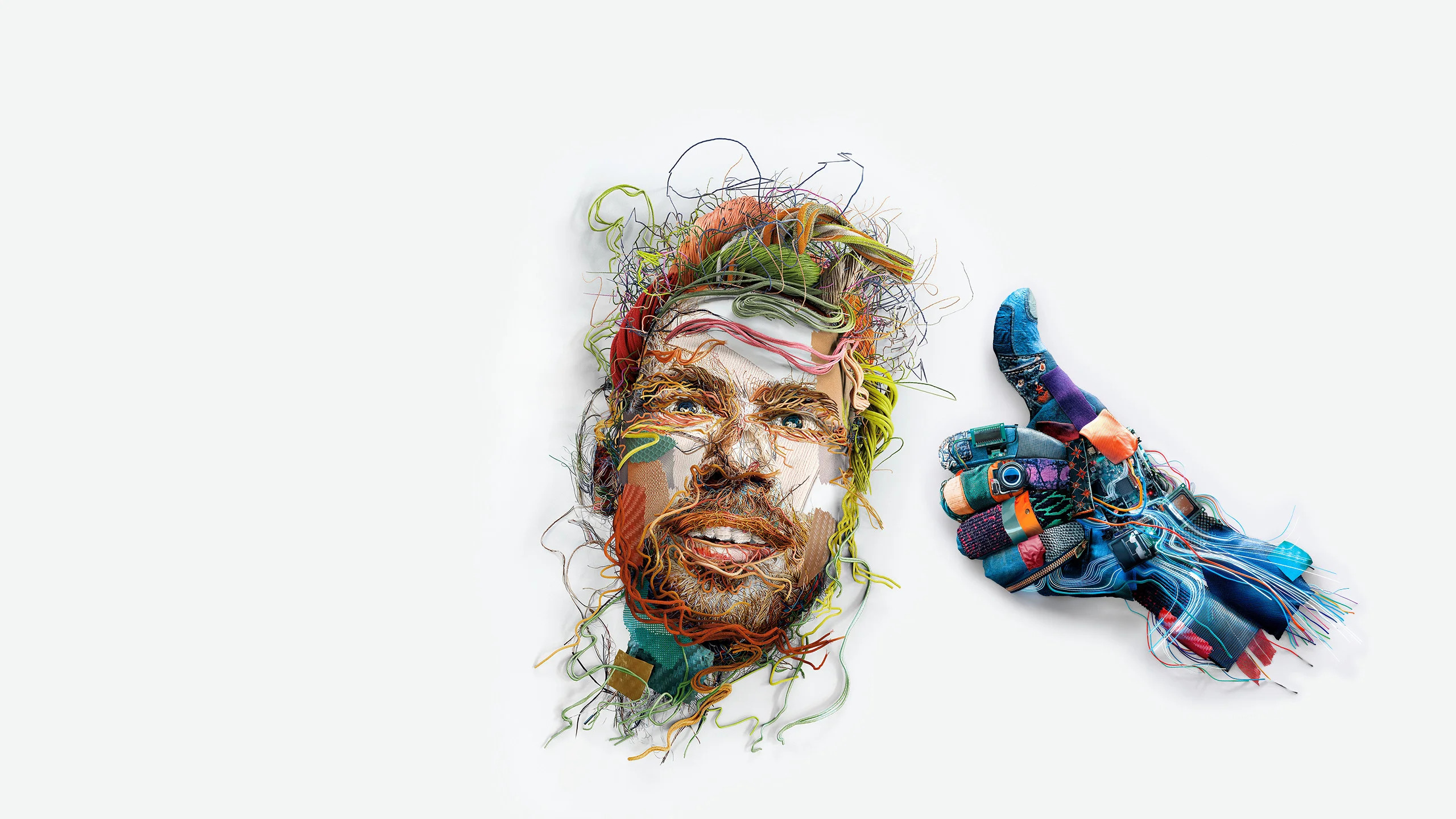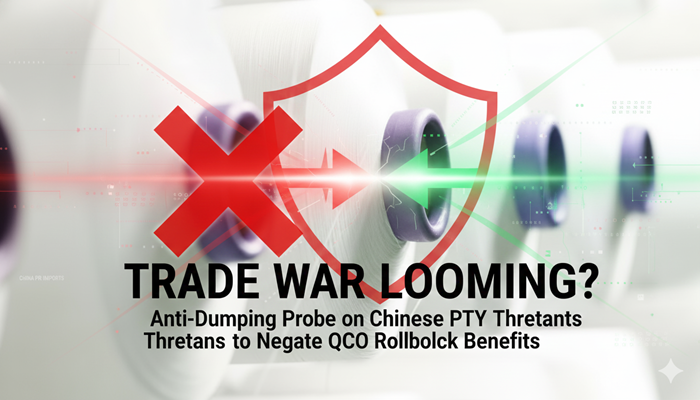Bain & Company’s Spring 2024 “Luxury Goods Worldwide Market Study” reveals a challenging start for the personal luxury goods market, declining by 1 per cent to 3 per centY-o-Y in the first quarter at current exchange rates. This follows a progressive slowdown in 2023, with 12 per cent growth in the first quarter, 8 per cent in the second, a 3 per cent decline in the third, and a slight 2 per cent increase in the fourth. Claudia D’Arpizio, Lead Author, states, as many brands are navigating a momentary crisis due to macroeconomic pressures and a polarised customer base, luxury brands need to rethink their value propositions to prioritize trust and connection with consumers.”
Despite the downturn, Bain projects modest growth of 0 per cent to 4 per cent in 2024, potentially reaching $388 to $403 billion (€362 to €376 billion). However, the report suggests that the luxury industry faces deeper challenges, including restrained GDP growth, geopolitical uncertainties, reduced consumer confidence, and shrinking disposable income.
Internally, Bain highlights weaknesses such as a loss of creativity, a supply-demand gap, declining trust in brands, and stagnant business models. Federica Levato, Co-author, emphasises on the need for luxury brands to rethink their value propositions to maintain and expand audience reach while delivering exceptional experiences across all price points.
While luxury brands introduce new collections, true innovation—conceiving and scaling new products and business models—is often lacking. Legacy brands like Hermès and Louis Vuitton, rooted in tradition, are slow to adapt to changes such as e-commerce. A Unity Marketing survey found that while 71 per cent of luxury executives value quality and 63 per cent craftsmanship, only 32 per cent consider innovation crucial to resilience.
A study by the Kearney Consumer Institute (KCI) recommends a customer-driven approach to innovation, emphasizing consumer needs, appropriate market speed, and delivery methods such as category diversification or new technology. KCI’s lead, Katie Thomas, suggests that luxury brands should learn from mass-market strategies, focusing on broader lifestyle approaches and ongoing experimentation in products and channels.
Thomas also stresses the importance of a structured feedback loop from frontline staff to executives and collaboration opportunities, like Loewe’s partnership with On Running. Ultimately, luxury brands must embrace innovation, prioritize consumer engagement, and adapt to navigate current market challenges successfully.












